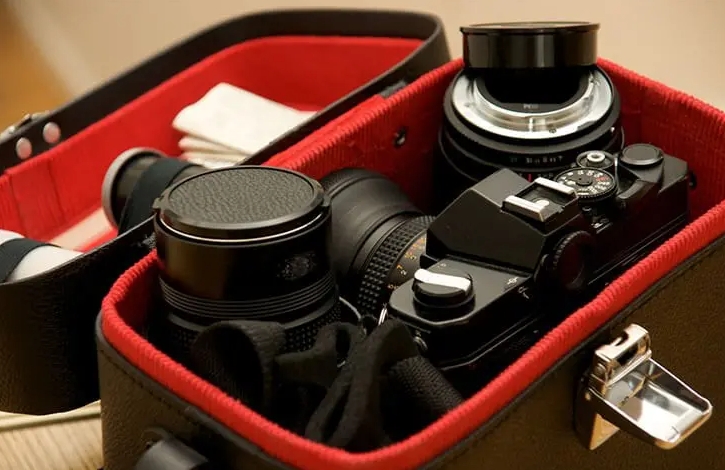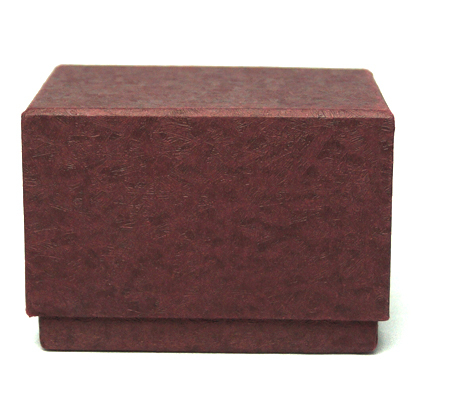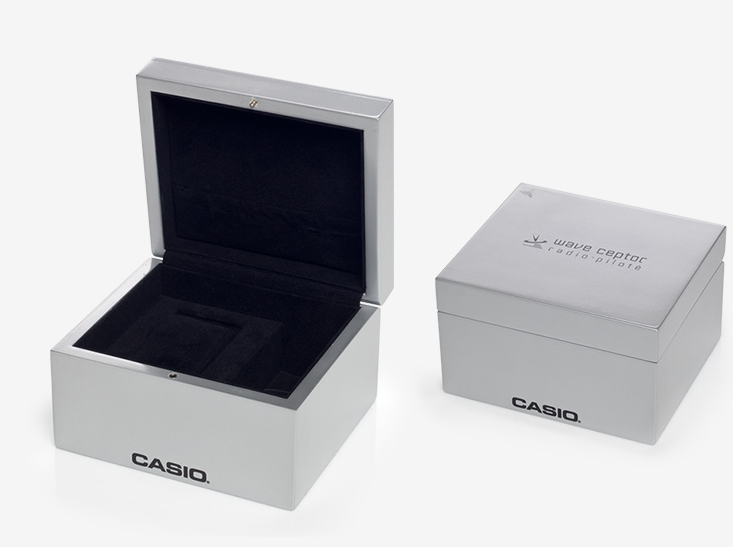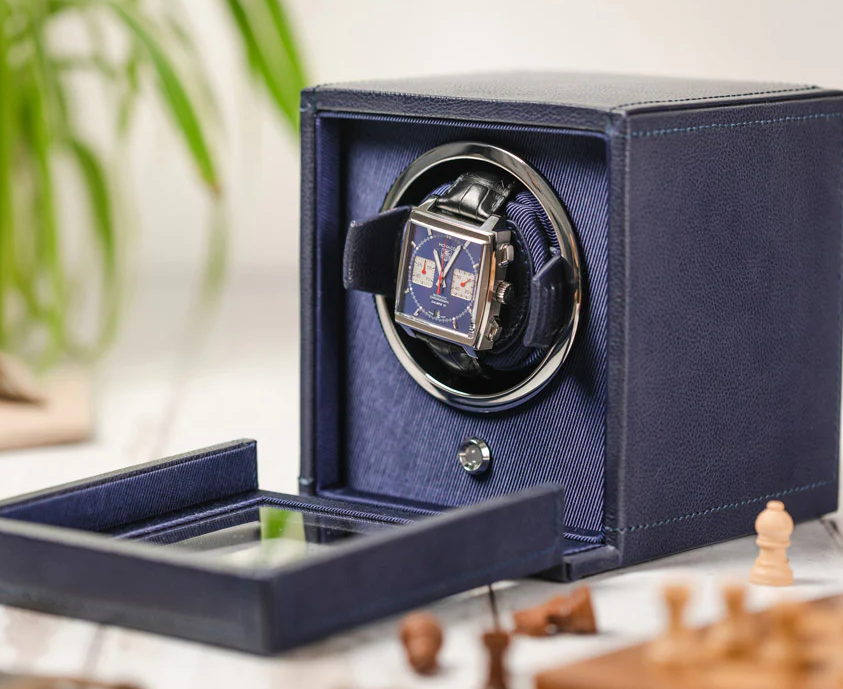The choice between a soft case and a hard case for your guitar depends on your specific needs, such as the level of protection required, frequency of travel.
Table of Contents
Types of Guitar Cases
In the world of guitar cases, you generally have three main options: Soft Cases, Hard Cases, and Hybrid Cases. The choice you make could depend on various factors including the type of guitar you own, how often you travel with it, and what level of protection you need.
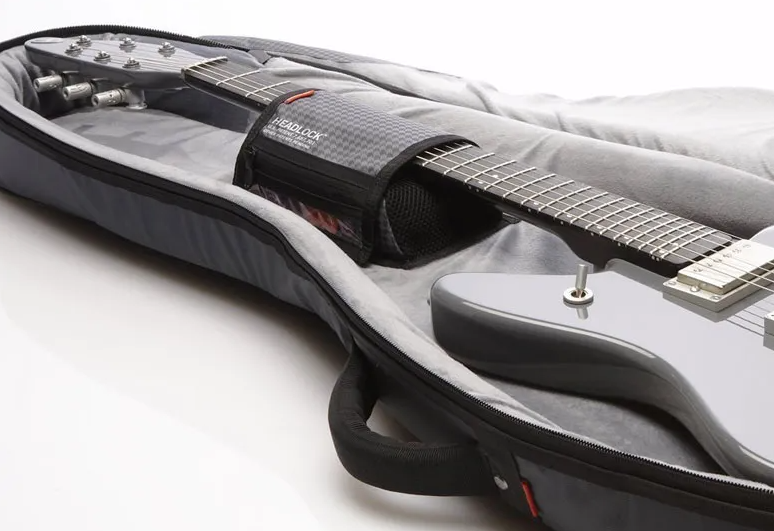
Soft Cases
Portability and Convenience
Soft cases, often called gig bags, are known for their lightweight and portable design. They are generally made from fabrics like nylon or polyester and feature a padded interior. Ideal for musicians on the go, these cases often come with backpack-style straps, making them convenient to carry.
Pocket and Storage Options
Many soft cases offer additional storage in the form of front pockets or internal compartments. This is useful for carrying accessories like tuners, strings, and capos.
Level of Protection
Though padded, soft cases offer limited protection against drops, impacts, and temperature changes compared to hard cases. They are best suited for local gigs, rehearsals, or when you don’t need to travel long distances.
Hard Cases
Robust Protection
Hard cases are the go-to for maximum protection. They are typically constructed from materials like wood, polyethylene, or fiberglass and come with plush, foam-lined interiors that keep the guitar snug and secure.
Weight and Bulk
One downside to hard cases is their heaviness and bulkiness. Unlike soft cases, they are cumbersome and may require a separate vehicle for transportation if you have multiple to carry.
Cost Factor
Hard cases are generally more expensive than soft cases but offer a high level of protection, making them a worthy investment for expensive guitars. The peace of mind they offer, especially when you’re traveling long distances or flying, is priceless.
Hybrid Cases
Combining the Best of Both Worlds
Hybrid cases aim to merge the advantages of both soft and hard cases. They typically have a rigid foam construction, providing a level of protection closer to that of hard cases while being lighter in weight.
Storage and Carrying Comfort
Like soft cases, many hybrid options come with additional pockets and carrying straps, making them versatile and user-friendly. They are becoming increasingly popular among musicians who need a middle-ground solution for their instrument protection.
Cost and Availability
While hybrid cases are an appealing compromise, they can sometimes be as expensive as hard cases, or even more so. However, they are becoming increasingly common, making it easier to find a design that fits your specific needs and budget.
Advantages of Soft Cases
When it comes to guitar cases, soft cases, or gig bags as they’re often called, offer certain advantages that might make them the ideal choice for some musicians. From portability to light weight, let’s delve into what makes soft cases a strong contender.
Portability
One of the main benefits of using a soft case is its unparalleled portability. Unlike their hard case counterparts, soft cases are designed to be carried easily, often featuring backpack-style straps. This means you can sling the case over your shoulders and have your hands free, a huge advantage if you’re a musician who relies on public transportation or has to navigate through crowded areas.
Convenience
Soft cases usually come equipped with a variety of pockets and compartments, making it easier to store and carry other musical essentials. Whether it’s sheet music, a tuner, or extra strings, the soft case has you covered with additional storage space. This convenience factor makes it particularly handy for musicians who need to carry more than just their instrument to gigs or rehearsals.
Light Weight
The lightweight nature of soft cases is another major advantage, especially when compared to hard cases, which can often be quite heavy. If you’re someone who frequently moves around, perhaps from gig to gig or between practice sessions, you’ll appreciate the fact that a soft case won’t add much weight to your load.
Disadvantages of Soft Cases
While soft cases have their perks, they also come with some inherent disadvantages that could be deal-breakers for some musicians. Let’s explore some of these disadvantages in more detail.
Limited Protection
One of the most significant drawbacks of a soft case is the limited protection it offers to your guitar. Made generally from fabrics like nylon or polyester, these cases are not designed to withstand high levels of pressure or impact. If you’re traveling long distances or subjecting your instrument to rough handling, a soft case won’t provide the kind of protection a hard case would. Limited protection can be particularly concerning if you own an expensive guitar or a vintage model that would be costly to repair or replace. For more details on how guitars can be affected by these factors, you can check this Wikipedia article on guitar construction.
Durability Concerns
Soft cases tend to wear out faster than hard cases. The materials, although lightweight and flexible, are not as resilient to tearing, punctures, or environmental factors like moisture and extreme temperatures. Over time, zippers may fail, stitching might come undone, and the fabric could start to fray. While it’s possible to repair some of these issues, the lifespan of a soft case generally won’t match that of a well-maintained hard case.
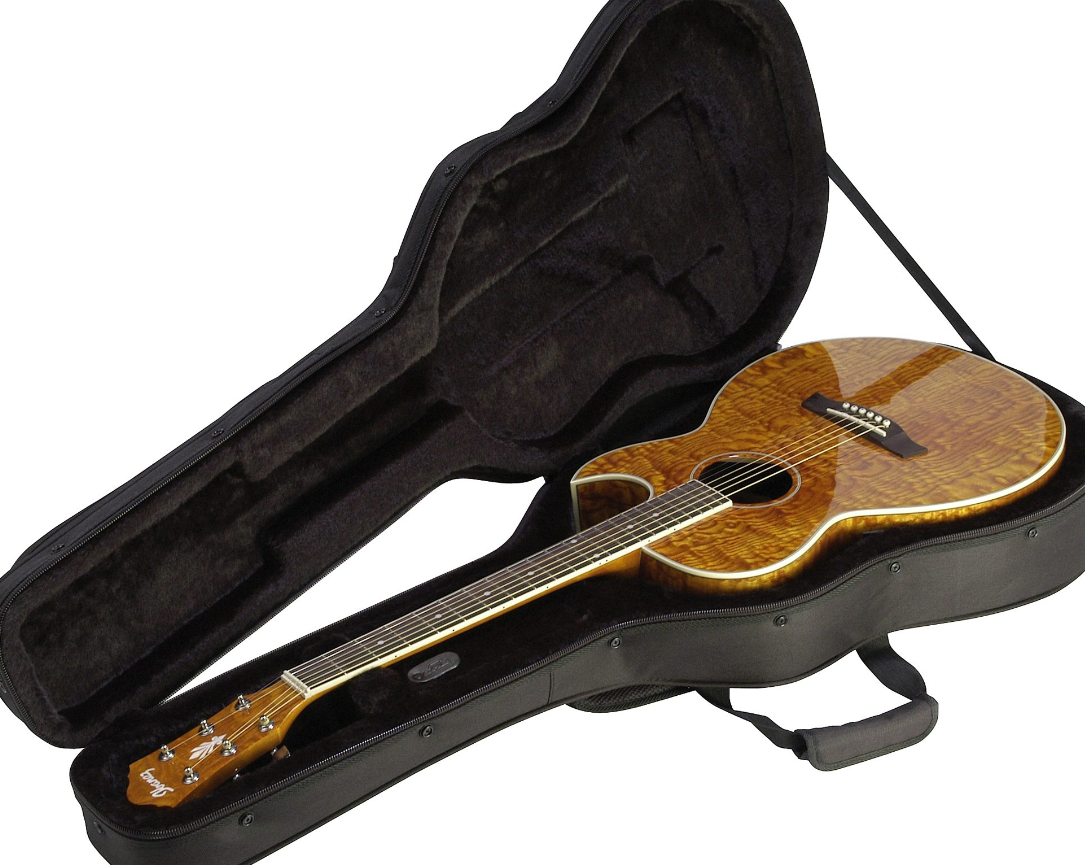
Advantages of Hard Cases
When it comes to safeguarding your guitar, hard cases offer a set of advantages that many musicians find indispensable. While they do come with their own downsides—such as weight and bulk—they are often the go-to choice for those who own high-end or vintage guitars. Below, we dive into the specific advantages of using hard cases for your guitar.
Maximum Protection
The primary advantage of a hard case is the level of protection it affords. Constructed from materials like wood, polyethylene, or fiberglass, hard cases provide robust protection against physical impacts, temperature fluctuations, and even humidity. Many hard cases also feature plush, foam-lined interiors that keep the guitar snug and secure, reducing the risk of it being damaged during transportation. If you’re a touring musician or frequently find yourself in environments that aren’t guitar-friendly, a hard case is almost a necessity. For insights on the importance of a protective case in maintaining a guitar’s sound quality, you may refer to this Wikipedia article on guitar acoustics.
Longevity
Hard cases tend to be more durable and long-lasting compared to their soft counterparts. If you invest in a high-quality hard case, you can expect it to last for many years, possibly outlasting the guitar it protects! Given their durability, the long-term value of investing in a hard case can outweigh the initial cost.
Storage Options
Hard cases often come with built-in compartments for storing guitar accessories, such as picks, capos, and extra strings. These compartments are usually better-protected compared to the external pockets found on soft cases, offering a safer environment for any electronics or valuables you might have.
Price Considerations
While the advantages of hard cases are many, they do come at a higher cost. Prices can range anywhere from $70 to well over $300, depending on the brand and features. Premium models can even go up to $500 or more, especially if they offer advanced features like TSA-approved locks or humidity control.
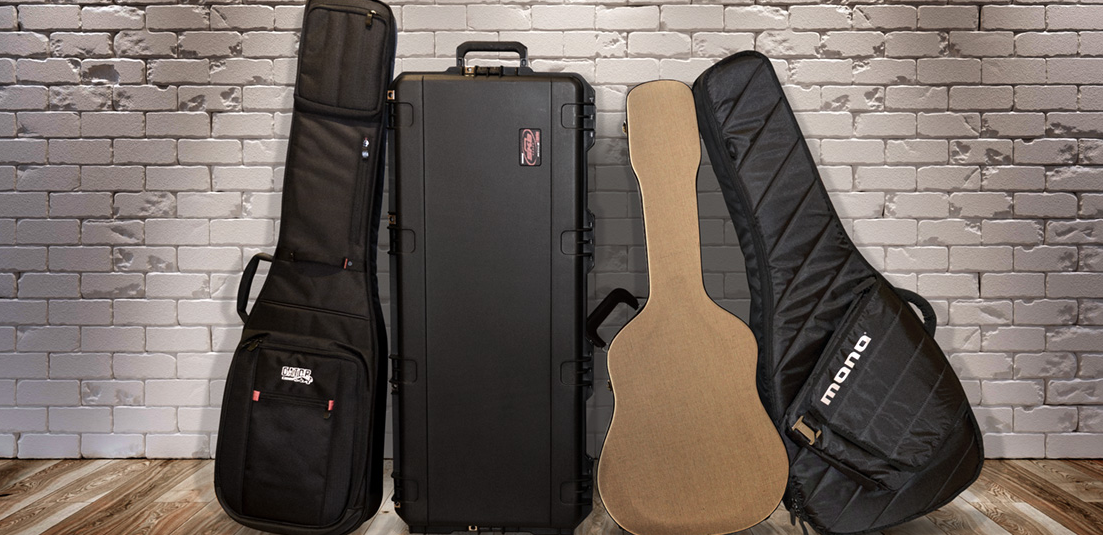
Disadvantages of Hard Cases
While hard cases offer excellent protection and durability, they are not without their disadvantages. These drawbacks might not be significant for all musicians but could be deal-breakers for some. Here we explore the downsides of opting for a hard case.
Heaviness
One major drawback of hard cases is their weight. Constructed from robust materials like wood or fiberglass, these cases can be quite heavy, especially when you add the weight of the guitar itself. This can make it cumbersome to carry them around, particularly if you need to walk long distances or frequently use public transportation. Unlike soft cases, which often come with backpack straps, hard cases are usually designed with a single handle, making them less convenient for long hauls.
Bulkiness
Hard cases are also considerably more bulky than soft cases. The rigid structure, which provides all the protection, also takes up more space. This can be a disadvantage when you’re trying to fit your guitar into tight spaces like a packed car trunk or a small stage area. The bulk can also make it less convenient for air travel, as you may have to check it in rather than carry it on board, which could expose your guitar to other risks like mishandling by baggage personnel. More details on the implications of carrying musical instruments on flights can be found on this Wikipedia page about air travel.
Cost
Hard cases are generally more expensive than soft cases. As mentioned earlier, prices can range from $70 to over $300, depending on the brand and features. For professional-grade cases with advanced features like TSA-approved locks or built-in humidity control systems, the cost can exceed $500. The high price point could be a significant factor to consider, especially if you’re a beginner or on a budget.
Key Considerations When Choosing a Case
Let’s delve into some of the key considerations that can guide you in making an informed decision.
Type of Guitar
The type of guitar you own will largely influence the kind of case you should choose. For example, if you own an acoustic guitar, you may prefer a hard case for maximum protection given the sensitive nature of acoustic instruments. On the other hand, electric guitars, being generally more robust, might fare well even in a soft case for short trips. For those who own specialty or irregular-shaped guitars, like a Flying V, you’ll need to seek out cases specifically designed for those shapes. To know more about different types of guitars, you can refer to this Wikipedia article on guitars.
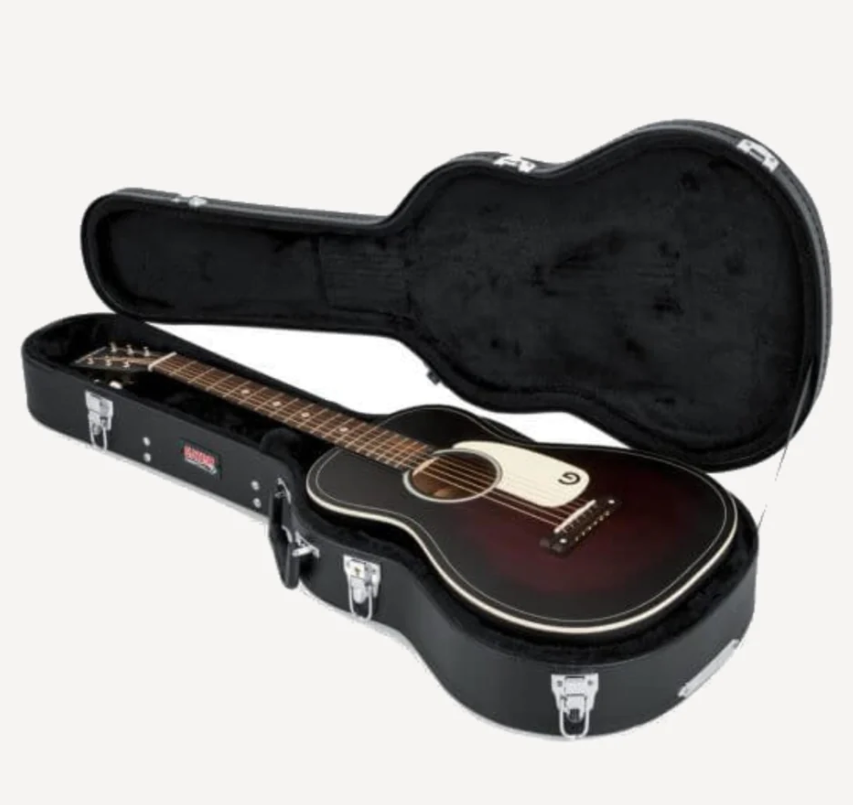
Frequency of Travel
How often you travel with your guitar is another crucial factor. If you’re a touring musician, you may need a case that offers maximum protection and durability, even if it’s heavier and more expensive. But if you’re mostly playing local gigs or just need something to carry your guitar to lessons, a soft case could be more than adequate.
Storage Needs
Apart from carrying your guitar, think about what else you’ll need to bring along. Do you need extra space for a capo, tuner, or even a small pedalboard? Soft cases usually offer more external pockets but consider the trade-off in terms of protection. For more information on guitar accessories and their uses, you can check this Wikipedia page on guitar accessories.

